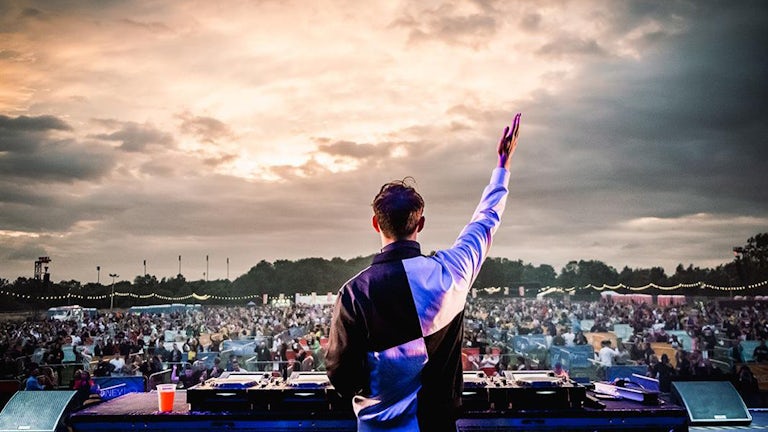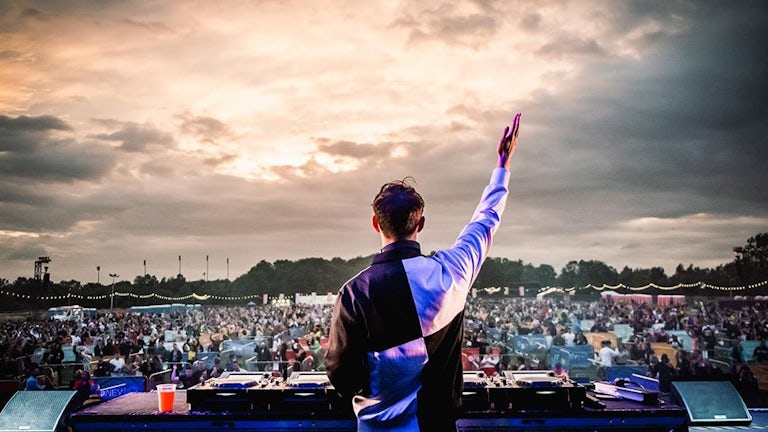Shopping Bag (0)
Shopping bag is empty


Covid-secure events have now become the norm, how can these experiences be delivered without compromising on quality?
When socially distanced events first emerged they instantly provided a way for consumers to continue to go out and be entertained safely during the coronavirus pandemic. The Virgin Money Unity arena has delivered some of the largest events, with 2,500 fans separated in groups to watch acts such as Sam Fender and Supergrass perform on stage.
Elsewhere, there have been drive-ins, walk-throughs, and picnic table set-ups all taking into account measures to keep guests separated in their social bubbles.
The illegal rave scene is also seeing a resurgence, athough new rules have now come into force meaning people holding illegal gatherings could be fined up to £10,000. There were reportedly more than 500 illegal raves across London in July, with police responding to 23 in a single day.
Regardless of the circumstances, there is definitely a burning appetite for people to gather.
From 1 October conferences and exhibitions will be permitted to open up in a Covid secure way but it's important for socially distanced events to not feel like a compromise. With limited capacities, entry fees may have to rise and the sense of atmosphere can be diminished.
So what can we learn from the first socially distanced events?
Tosh Ohta, Head of Client Development at Amplify, shares his thoughts on the safe return to events...
"First and foremost, guest safety has to be the absolute priority. If promoters cut corners, they'll be called out. But many venues like Brixton Courtyard are already getting to grips with this.
Now that DJs have to play music at lower volumes to discourage shouting, they're revealing a different side of the music they play. This shift from outright club belters to more a listening/personal selection is heaven for music trainspotters – and it's an opportunity we might not have once social distancing finally disappears.
Now that we're chained to trestle tables listening to lower volumes, it's crucial that promoters ensure even distribution of sound throughout the venue, with no seating in blackspots.
Socially distanced events also need to put more emphasis on food collaborations. If you're going to sit down for a long session, you need good food to justify the expense and match the emotive sense-of-occasion of being reunited with friends.
It's slightly painful that we still have to pay high for a reduced experience. But for now, it's the price we must pay to support nightlife. Either that, or turn to illegal events, which most of the scene is against for obvious reasons."
To read the full article, head to Campaign